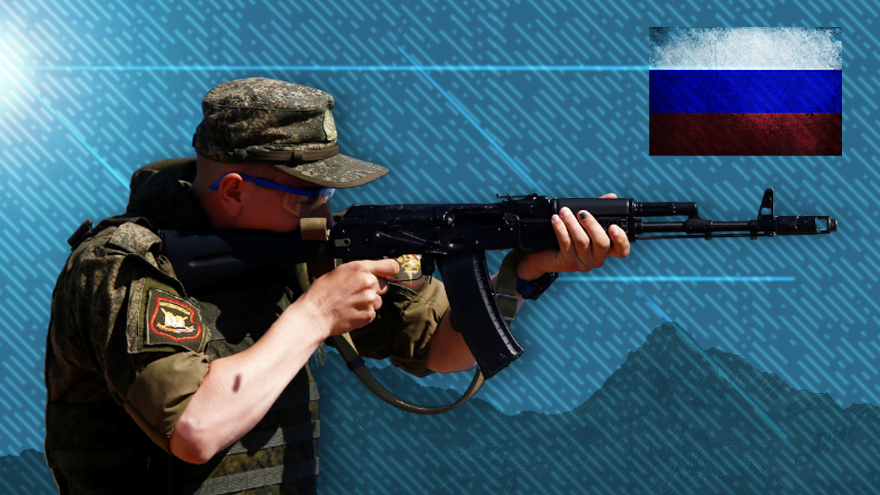Russia is lowering its prison population by allowing inmates to join the military and fight in the war against Ukraine.
So far, Moscow has freed up to 100,000 prison inmates and sent them to fight in Ukraine, according to government statistics obtained by The Washington Post.
The Post reports that Russia is now heavily reliant on prisoners who have been given the promise of a pardon upon their return.
“If 10 years ago our contingent in prisons reached almost 700,000 people, now we have about 266,000 people in correctional colonies,” the outlet quoted Deputy Justice Minister Vsevolod Vukolov as saying during a panel discussion earlier this year.
His statement was said to have surprised Russians who follow the country’s prison systems.
“This is a shocking number,” said Olga Romanova, the director of the Russia Behind Bars human rights organization.
“There were 420,000 prisoners at the beginning of the war, and we know that [the late Wagner boss Yevgeniy Prigozhin] took about 50,000,” she added, “Usually, the influx of newly incarcerated people is roughly similar, so we should be seeing a figure closer to 400,000 now. This means that the Defense Ministry has likely recruited around 100,000 people for the war there.”
A year ago, prisoners who spoke with CNN expressed optimism about the opportunity, which — if they survive military action — would allow them to substantially reduce their time before returning to their families.
“In my case, if it’s real, then I’m all for it,” one prisoner said. “It can make a real difference for me: be imprisoned for nearly a decade, or get out in six months if you’re lucky. But that’s if you’re lucky. I just want to go home to the children as soon as possible. If this option is possible, then why not?”
As the outlet reported, different prisoners were promised different things in return for their service. Some were told amnesty or pardon in six months, some heard discussions of payments for up to 200,000 rubles per month, while others were reassured their families would be paid five million rubles ($82,000) if they died.
“There is no guarantee, there’s no real contract. It is illegal,” Vladimir Osechkin, head of Gulagu.net, a prisoner advocacy group, told CNN.
